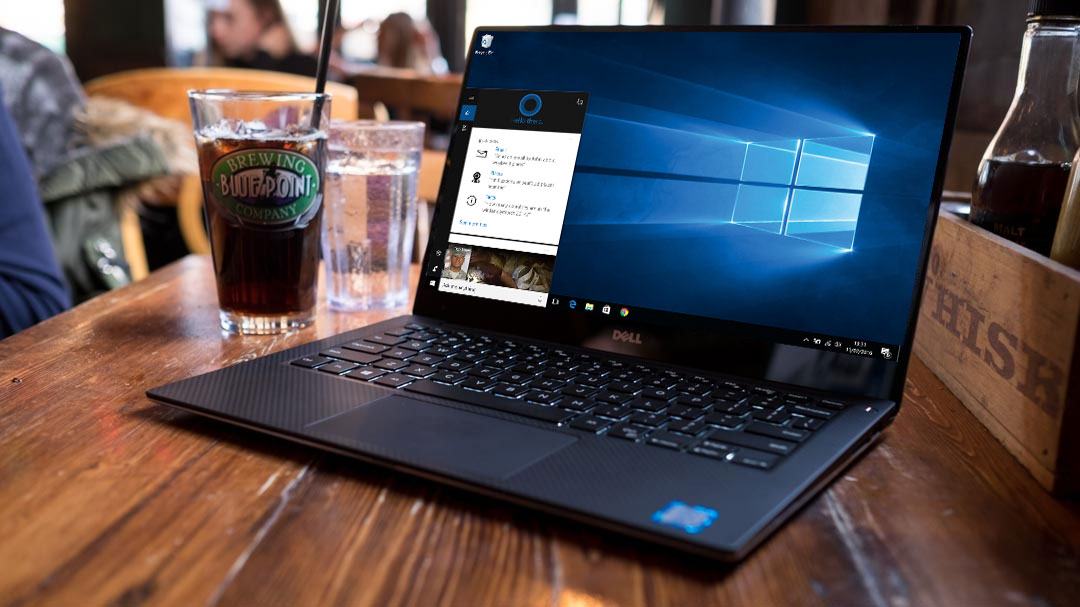Microsoft is busy making Cortana more chatty and human-like
Expect far more personalized greetings from the assistant

Sign up for breaking news, reviews, opinion, top tech deals, and more.
You are now subscribed
Your newsletter sign-up was successful
Microsoft is working on making Cortana seem more human-like in terms of the responses the digital assistant gives to Windows users, according to a freshly uncovered patent.
The patent, filed back in April and spotted by MS Power User, details that Microsoft is working towards giving Cortana a personalized greeting system which will “mimic a human experience with the user” – i.e. it will seem far more natural to interact with.
The idea is to move away from the same canned prompts so Cortana will use a range of different greetings perhaps depending on the time of day, the location (“welcome home”), or congratulating the user if it’s their birthday, or citing observations based on things like the weather or the latest football results.
The system will employ data on the user (drawn from searches, emails and so forth) to further personalize things so if they’re keen on sports, Cortana will be more likely to mention that, or their favorite team.
- Cortana already works great on the best 13-inch laptops
Spanning all devices
The system will work for Cortana across all devices, so if you move from your Windows 10 desktop PC, to your tablet, and then your Windows smartphone throughout the day, greetings will be kept suitably varied regardless of which piece of hardware you’re using.
Of course, exactly how personal Cortana can get will depend on how much user data the digital assistant has at its disposal, and again, this development is one which will likely generate some frowns from those concerned about privacy with Windows 10.
At any rate, it seems like a considerably improved Cortana is on the way, particularly when you couple this revelation with the major advancements in speech recognition Microsoft has been boasting about of late. Before too long, we should be looking at much more natural interactions with the assistant across all devices.
Sign up for breaking news, reviews, opinion, top tech deals, and more.
- These are the 7 best Windows tablets on the market
Darren is a freelancer writing news and features for TechRadar (and occasionally T3) across a broad range of computing topics including CPUs, GPUs, various other hardware, VPNs, antivirus and more. He has written about tech for the best part of three decades, and writes books in his spare time (his debut novel - 'I Know What You Did Last Supper' - was published by Hachette UK in 2013).